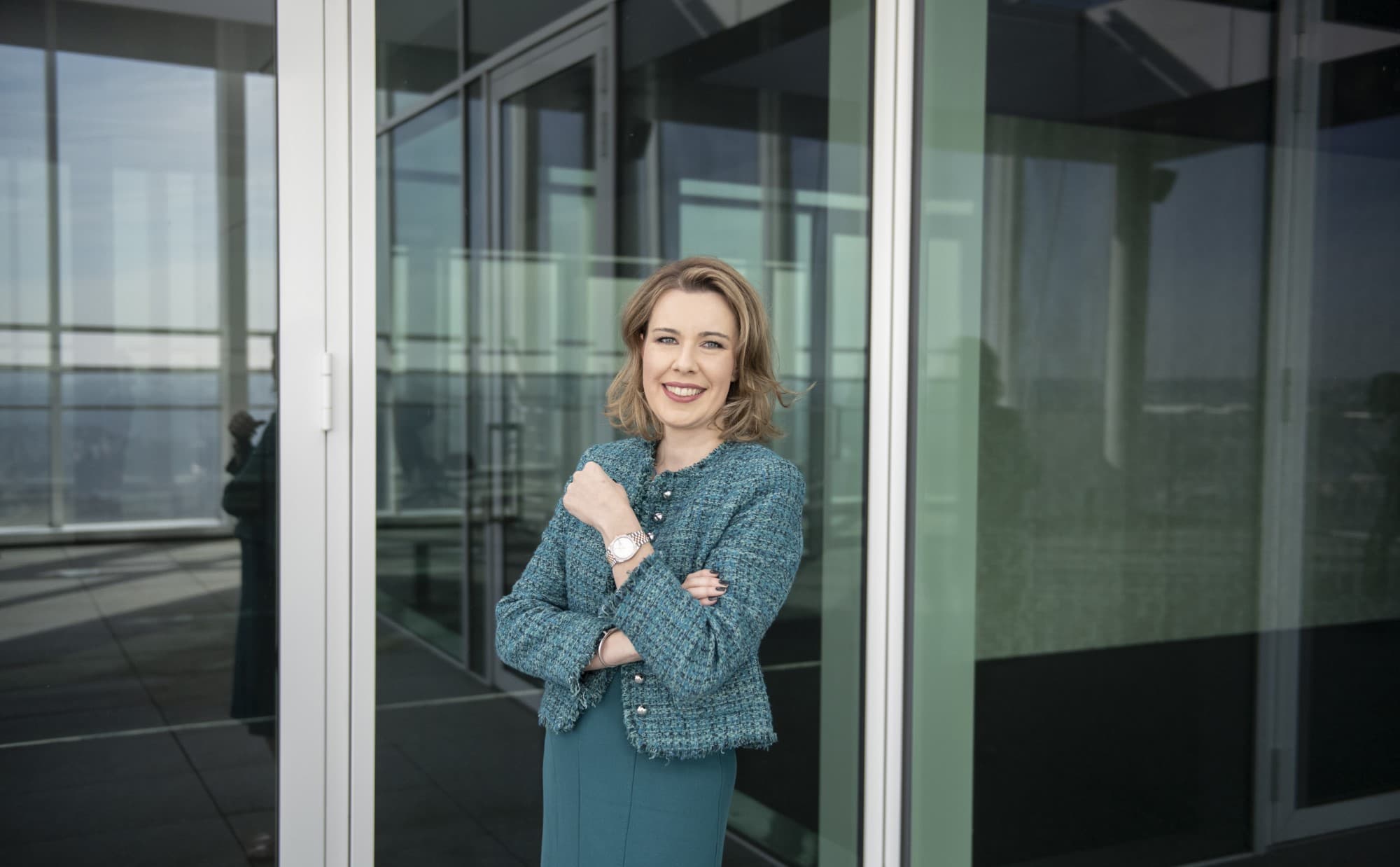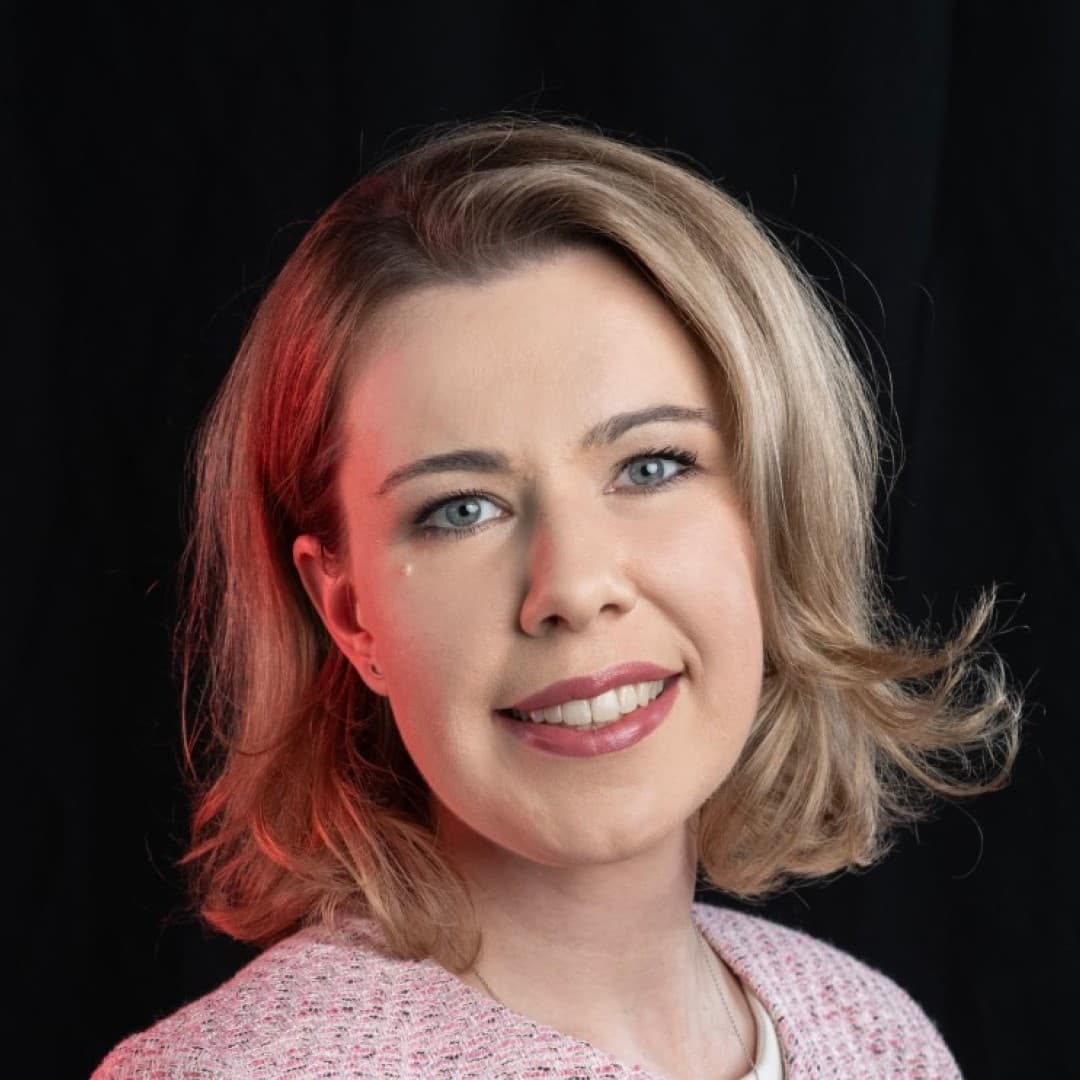Babiš promoted modern asset management
03 \ 06 \ 2025

Advanced forms of asset management, such as trust funds and endowment funds, have only been around for ten years in Czech law. However, client interest is growing, and the Andrej Babiš case has played a positive role in this. “Thanks to this, the institution of trust funds has come to the attention of the public,” says Markéta Flanderková, partner at the law firm Portos and CCS PREMIUM TRUST.
You have become an expert in asset management, which is a fairly specific and relatively new field in the Czech legal industry. What led you in this direction?
I have always been attracted to family law in the sense that I would be helping people solve their problems. Already in my first year of college, I worked at a small law firm where I dealt with corporate law, litigation, and also criminal and family law. After graduating, I joined the law firm Císař, Češka, Smutný, now Portos, as a trainee lawyer, with the intention of focusing on corporate law. In this area, we had a client who used a Liechtenstein foundation to manage their assets at a time when trust and foundation funds were not yet legally established in the Czech Republic. Thanks to this, my colleagues and I got involved in asset management and came into contact with its century-old tradition in Liechtenstein. This gave us a head start, and when something similar was introduced in the Czech Republic, we continued with it and put our experience to good use. At the same time, it was a wonderful combination of corporate law and family law for me.
Is the introduction of modern asset management in the Czech Republic linked to the new Civil Code?
Yes, the relevant legislation came into effect in 2014, but it took some time for Czech clients to learn how to use the new forms. The first increase in demand came around 2018.
How would you assess today's market for this legal service and client interest in it?
It will be difficult to catch up with Liechtenstein's hundred-year history, but today we have had the relevant institutions in our legal system for ten years and progress is certainly noticeable. Business owners are approaching their businesses in a more sophisticated way, thinking more about how to spread risks, how to handle everything legally, and making greater use of professional services. In the early 1990s, few people were concerned with how to set everything up so that risks were covered from all angles. In this respect, the approach has certainly shifted and moved closer to Western practices. Interest in endowment and trust funds is growing every year, mainly because people who have some assets want to have everything sorted out so that it will continue to work in the future.
Trust funds in the Czech Republic were made famous mainly by Andrej Babiš when he transferred his Agrofert to them in order to avoid suspicion of a conflict of interest as a politician.
Was it an advertisement?
They say that negative publicity is also publicity. Thanks to this, the institute of trust funds has become known to the public. Until then, clients came with questions about how they could resolve their situation, and today they come with questions about whether a trust fund is a suitable form of asset management for them.
Your law firm established CCS PREMIUM TRUST in 2017 for asset management. Why was a special subsidiary created?
This is again a practice inspired by Liechtenstein, where it is common for law firms to be complemented by companies that focus exclusively on asset management consulting. This is because law firms are limited in the services they can provide. We expect that the professionalization of asset management will continue in the Czech Republic, following the example of other countries. This means that conditions will be set that managers must meet in order to perform their duties. We wanted to get a head start in this area. We are addressing this with our subsidiary.
How do you assess the domestic regulation of trust and endowment funds? Has it been successful?
There is always room for improvement, so it would certainly be good to amend or set rules for professional administrators as part of the aforementioned professionalization, which our office is already working on within the Czech Bar Association. However, in terms of legal regulation, it is fundamentally well-established and fully functional, even offering clients broader options and more flexible use compared to foreign legal regulations.
In 2023, you became the only representative from the Czech Republic to join the prestigious Cambridge Forum, where asset management professionals exchange experiences. Did this exchange reveal any new trends in the industry?
In addition to the aforementioned and much-discussed professionalization of asset management, we are gradually seeing a trend whereby families seeking to manage their assets also want to ensure that all the services they need can be handled in one place, whether it be education for their children, choosing and arranging vacations, taxes, or other financial matters. We already offer our clients a wealth office service, and demand for this is expected to continue to grow.
Then, of course, a number of our foreign colleagues deal with the issue of inheritance taxes, which we do not yet have in the Czech Republic, but which are relatively common abroad. Funds are therefore also a solution to prevent assets from entering into inheritance proceedings, which can be lengthy and costly. In contrast, funds allow for a broader and more flexible determination of how assets will be disposed of.
Let's talk about your career. At Portos, you quickly became a team leader and then a partner in the firm. What do you attribute this to?
It probably has to do with the fact that law is my life. I have always enjoyed it and devoted myself to it beyond the usual scope even during school, when I started working in my first year. This allowed me to combine theory with practice. It made me even more interested in everything and I wanted to be good at it. Of course, the right qualities and skills are also important, such as responsibility, determination, the ability to see things through to the end, organizational skills, communication skills, and, last but not least, empathy. In this regard, I would emphasize our effort to truly help our clients and not just treat it as a job.
Has being a woman been more of an advantage or a disadvantage in your career so far?
I am glad to be a woman. I know that advocacy is widely perceived as a male profession, but I have never encountered any discrimination against me as a woman.
What was it like to join the company's management as the only woman among men?
Yes, it was quite natural, because I have been working with my colleagues for years. I have always liked mixed teams. I think it has its advantages, because women have slightly different approaches and perspectives on certain things, and it is therefore ideal to take advantage of that combination, because it leads to better results. On the other hand, I don't think it's good to strive for this at all costs. Decisions should be based on ability, not on whether a person is male or female.
Article from the website:Týdeník Euro




